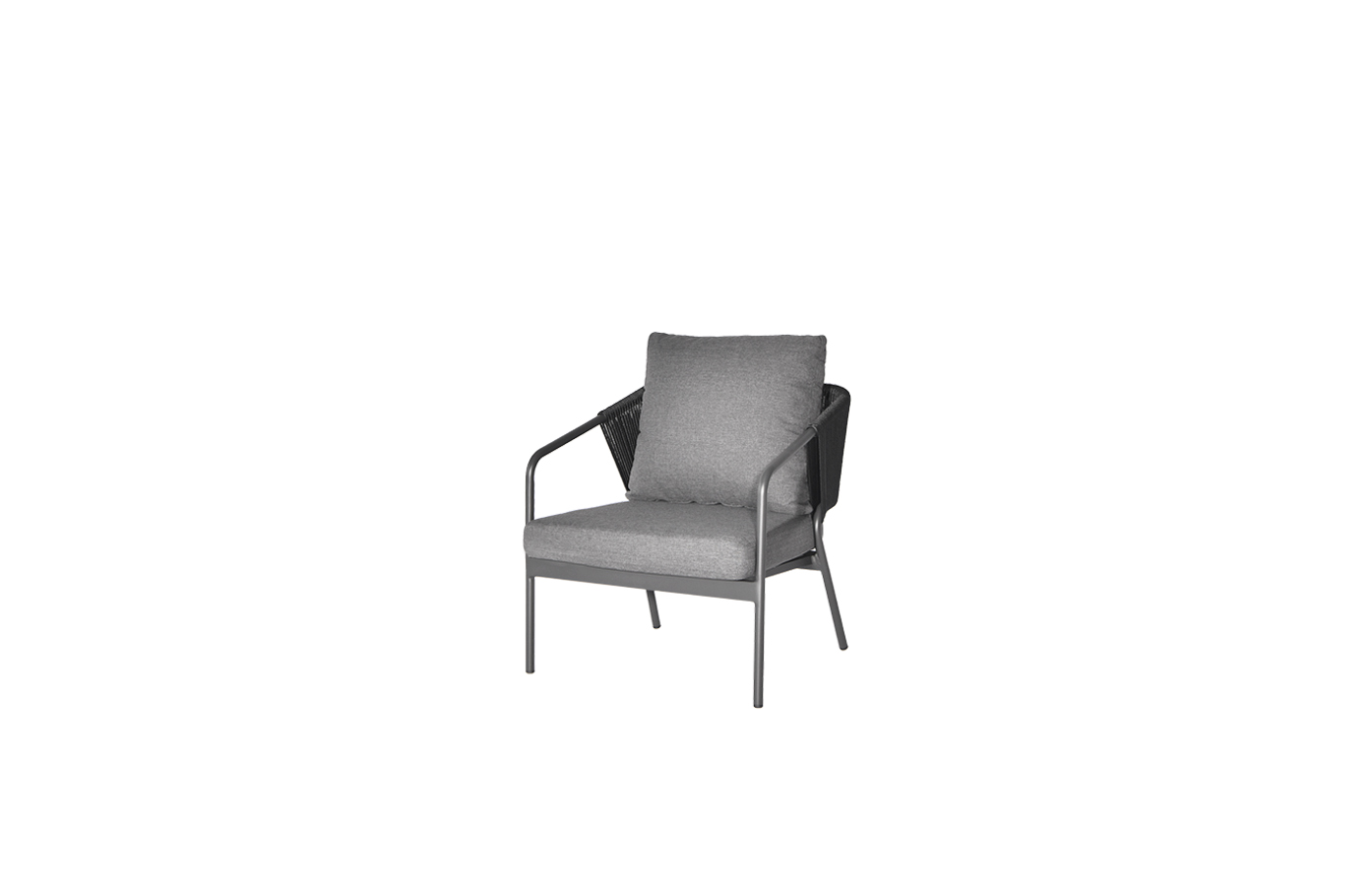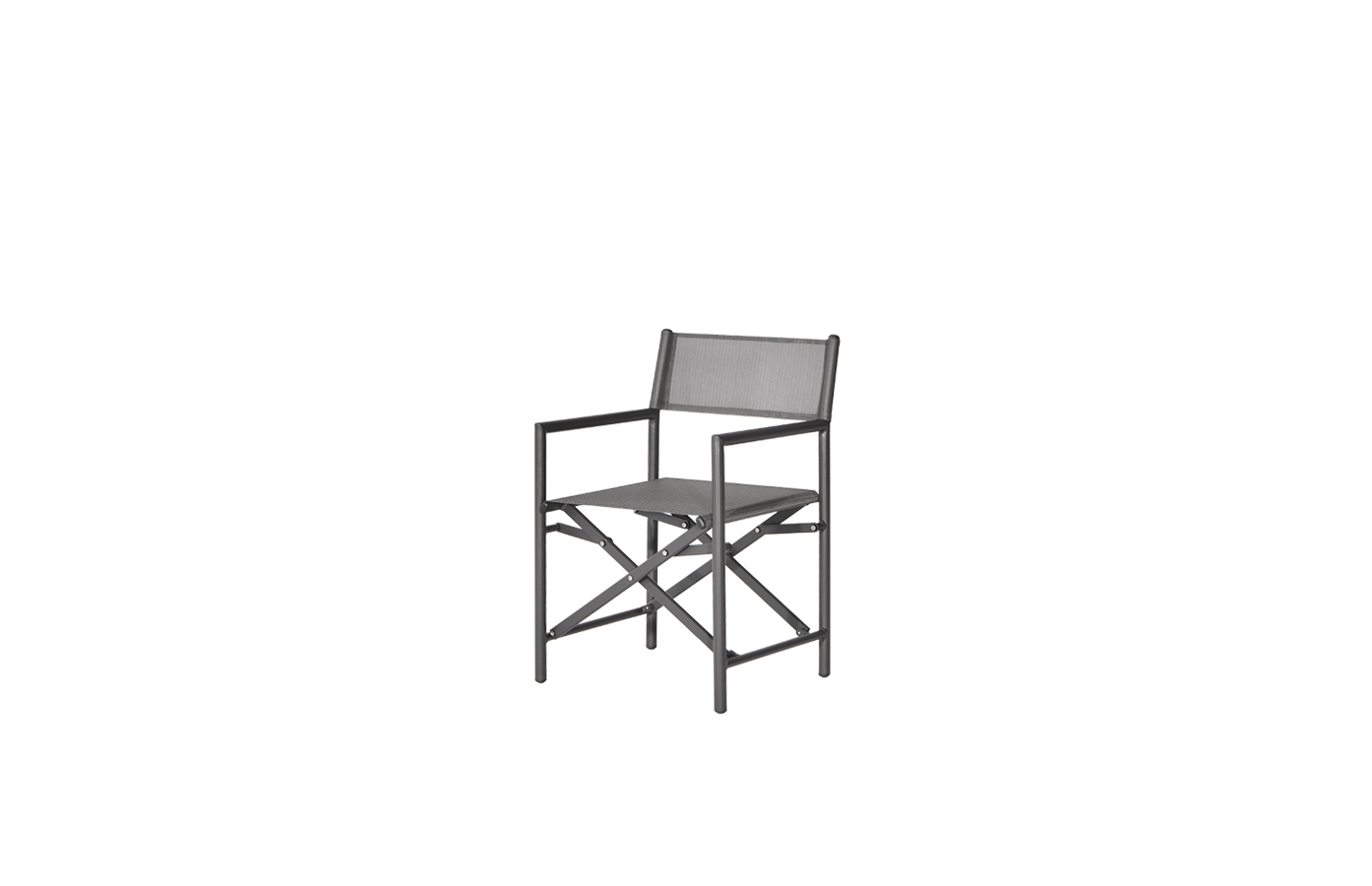****

The Enigmatic Allure of Lux: Exploring the Multifaceted World of Luxury and Its Impact on Modern Society
In today’s fast-paced and hyper-connected world, the term “luxury” evokes a multitude of images, sensations, and aspirations. Lux, derived from the Latin word for light, transcends mere opulence; it embodies a lifestyle steeped in comfort, exclusivity, and prestige. As we delve deeper into the multifaceted world of luxury, we uncover not just its economic implications but also its profound effect on culture, identity, and social dynamics.

The Enigmatic Allure of Lux: Exploring the Multifaceted World of Luxury and Its Impact on Modern Society
To understand luxury, we must first examine its historical evolution. In ancient civilizations, such as Egypt and Rome, luxury was not merely a reflection of wealth but also an indicator of power and status. Pharaohs were buried with immense treasures, symbolizing their divine sovereignty, while Roman aristocrats flaunted their opulent villas and extravagant banquets. However, the concept of luxury has transformed significantly over the centuries. Today, it is less about sheer extravagance and more about personal experience, emotional resonance, and the narratives behind products.
At the heart of luxury lies the promise of uniqueness. In a world increasingly dominated by mass production and consumerism, luxury brands carve out a niche by offering exclusivity. From haute couture fashion houses to artisanal whiskey distilleries, the allure of luxury stems from its limited availability and meticulous craftsmanship. Organizations like Chanel, Louis Vuitton, and Rolex have mastered the art of storytelling, imbuing their products with heritage, artistry, and an emotional connection. When consumers purchase luxury items, they are not merely acquiring a product; they are buying into a lifestyle, a status symbol, and a narrative that resonates with their personal identity.

The Enigmatic Allure of Lux: Exploring the Multifaceted World of Luxury and Its Impact on Modern Society
Moreover, the luxury market is a significant driver of global economic growth. Despite fluctuations in the economy, the appetite for luxury goods remains resilient. According to recent industry reports, the global luxury market is projected to reach over $1 trillion by 2025. The expansion of emerging markets, particularly in Asia, has played a vital role in this growth. Chinese consumers, with their growing middle and upper classes, easily become some of the world’s largest consumers of luxury goods, with an insatiable appetite for brands that communicate status and refinement.
However, the rise of luxury poses questions about sustainability and ethical consumption. As awareness of environmental issues grows, consumers are becoming more discerning about their purchases. Luxury brands are responding by integrating sustainable practices into their business models. From using ethically sourced materials to investing in slow fashion, these brands are attempting to align themselves with the values of socially conscious consumers. For example, brands like Stella McCartney have pioneered eco-friendly fashion, proving that luxury can be synonymous with responsibility.
In addition to sustainability, the concept of luxury today often intersects with technology. The digital revolution has transformed how luxury brands interact with consumers. Social media platforms like Instagram and TikTok have created new avenues for marketing and engagement, allowing brands to foster community and intimacy with their consumers. Virtual experiences, augmented reality, and immersive storytelling are all innovative ways that luxury houses connect with a tech-savvy audience. This shift has made luxury more accessible, albeit still exclusive, creating a balancing act between tradition and modernity.
Furthermore, in a post-pandemic world, the meaning of luxury is being redefined. The emphasis has shifted toward health, well-being, and personal connection. More consumers are prioritizing experiences over possessions, leading to a rise in luxury travel, wellness retreats, and personalized services. The pandemic reinforced the idea that true luxury lies in moments of joy and connection, whether it’s a serene getaway in a secluded villa or a curated wine-tasting experience.
In conclusion, the world of lux is complex and ever-evolving. It intertwines history, culture, economy, and individuality. Luxury is no longer merely about possessing items; it encompasses a lifestyle that embraces uniqueness, sustainability, and technological innovation. As we continue to navigate this multifaceted landscape, it becomes evident that the allure of luxury will remain a significant facet of human experience, shaping identities and aspirations for generations to come. Whether through items that signify status or experiences that enrich our lives, lux holds an exceptional place in the tapestry of modern society.ing Room Sofa
